Background
Young Creators Discover 3D is an Erasmus+ project that provided an opportunity to more than 300 youngsters and 30 youth educators from 3 countries to learn about the innovative 3D technology.
The project was initiated by Robotikos mokykla (eng. School of Robotics) from Lithuania and implemented together with project partners Baltijas Reģionālais fonds (eng. Baltic Regional Fund) from Latvia and Tartu Noorsootöö Keskus (eng. Tartu Youth Work Center) from Estonia. It lasted 1,5 years from 01-02-2021 to 31-07-2022.
The idea of the project was to bring 3D printing technology to youth centers and other non-formal learning environments. Through non-formal learning, we could support the needs of young people to develop essential digital, technological, creative, interpersonal, communicative and cognitive skills. These competences open more opportunities in the employment scene of the 21st century.
Our project also aimed at the problem that technological education is still of limited availability to many young people, especially those with fewer opportunities due to economic, social or geographical obstacles.
3D printing was chosen as a topic of the project as it is one of the key technologies that represents the digital era. It enables individuals all over the world to design their own custom products. Therefore, 3D projects are a promising approach for preparing young people for the emerging needs in the labor market.
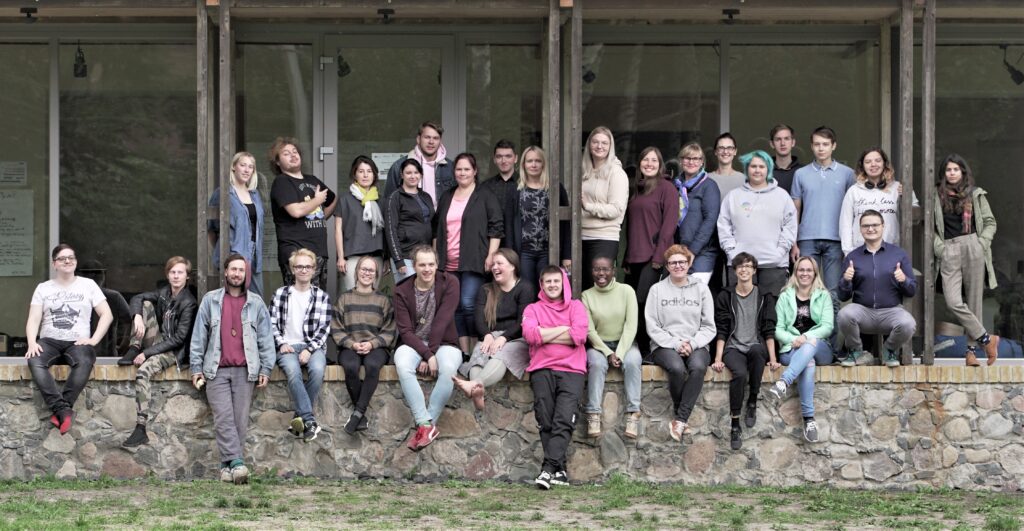
Objectives of the project
Partner consortium set a goal to develop creative skills among at least 300 young people and to strengthen at least 30 youth workers and educators’ competencies in delivering innovative non-formal activities by offering a 3D workshop methodology to respond to the limited availability of up-to-date, non-formal technological education.
The objectives of the project were to:
1. Develop a 3D modelling and printing workshop methodology for beginners.
2. Provide competence development for youth workers and educators, as key actors in the implementation and sustainability of the produced intellectual output in partner and associated organizations.
3. Engage young people, including with fewer opportunities due to social, economic and/or geographical obstacles, in exciting technological activities based on non-formal learning principles in their community/city/town.
4. Disseminate the project’s intellectual outputs and best practices across youth, governmental, non-governmental, formal and non-formal educational sectors.
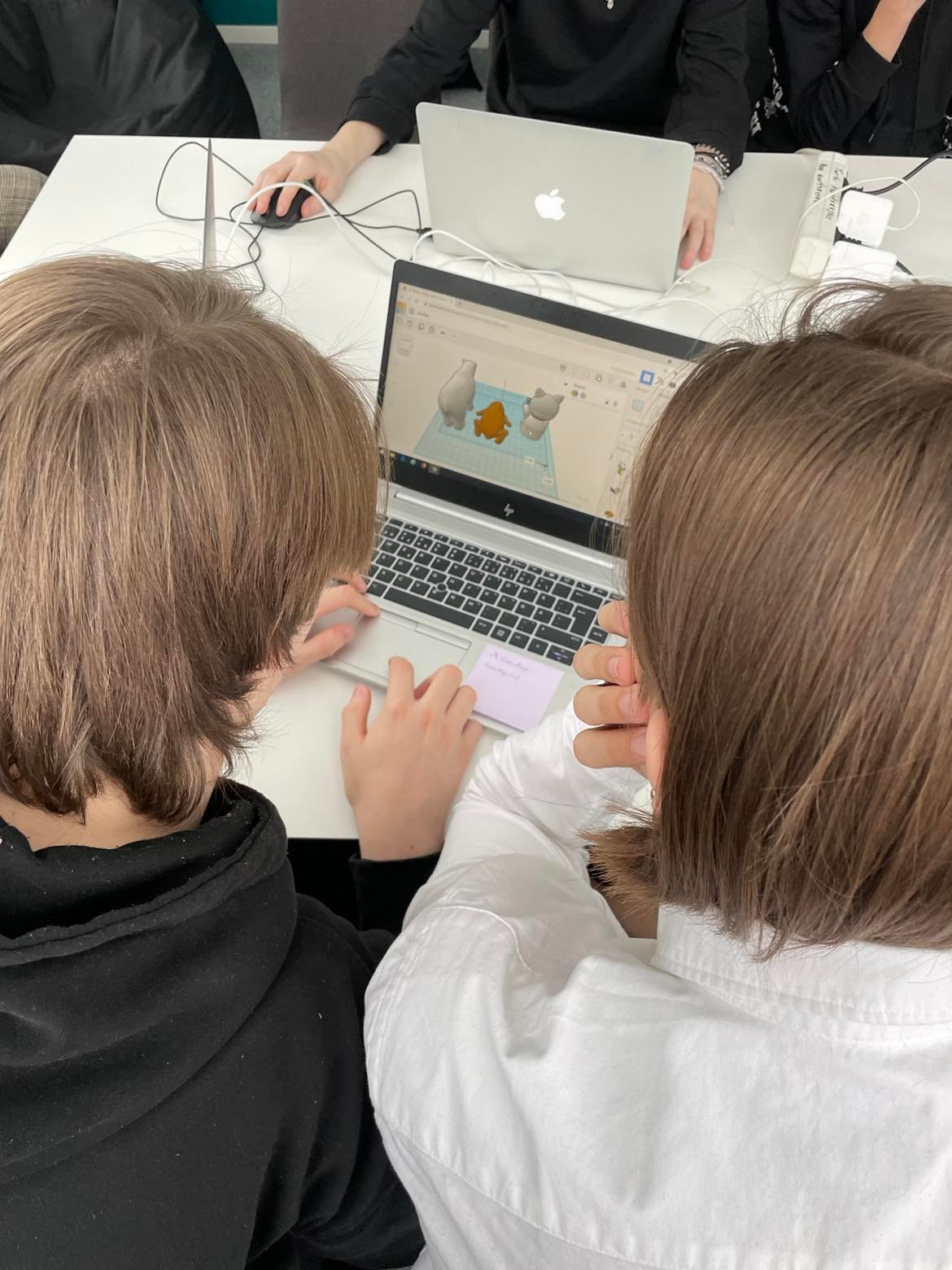
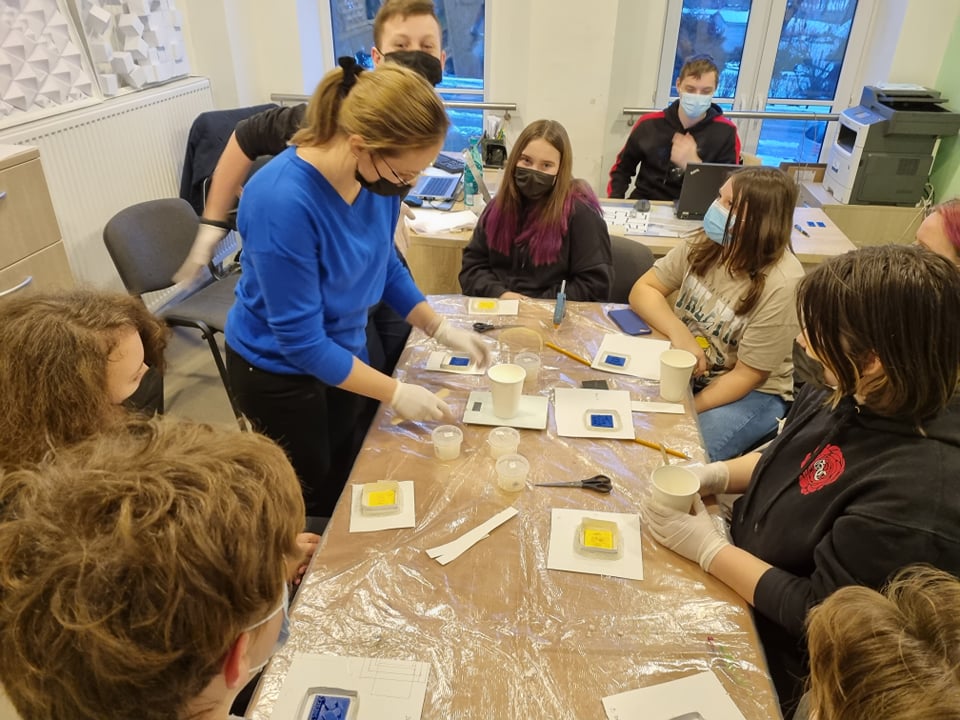
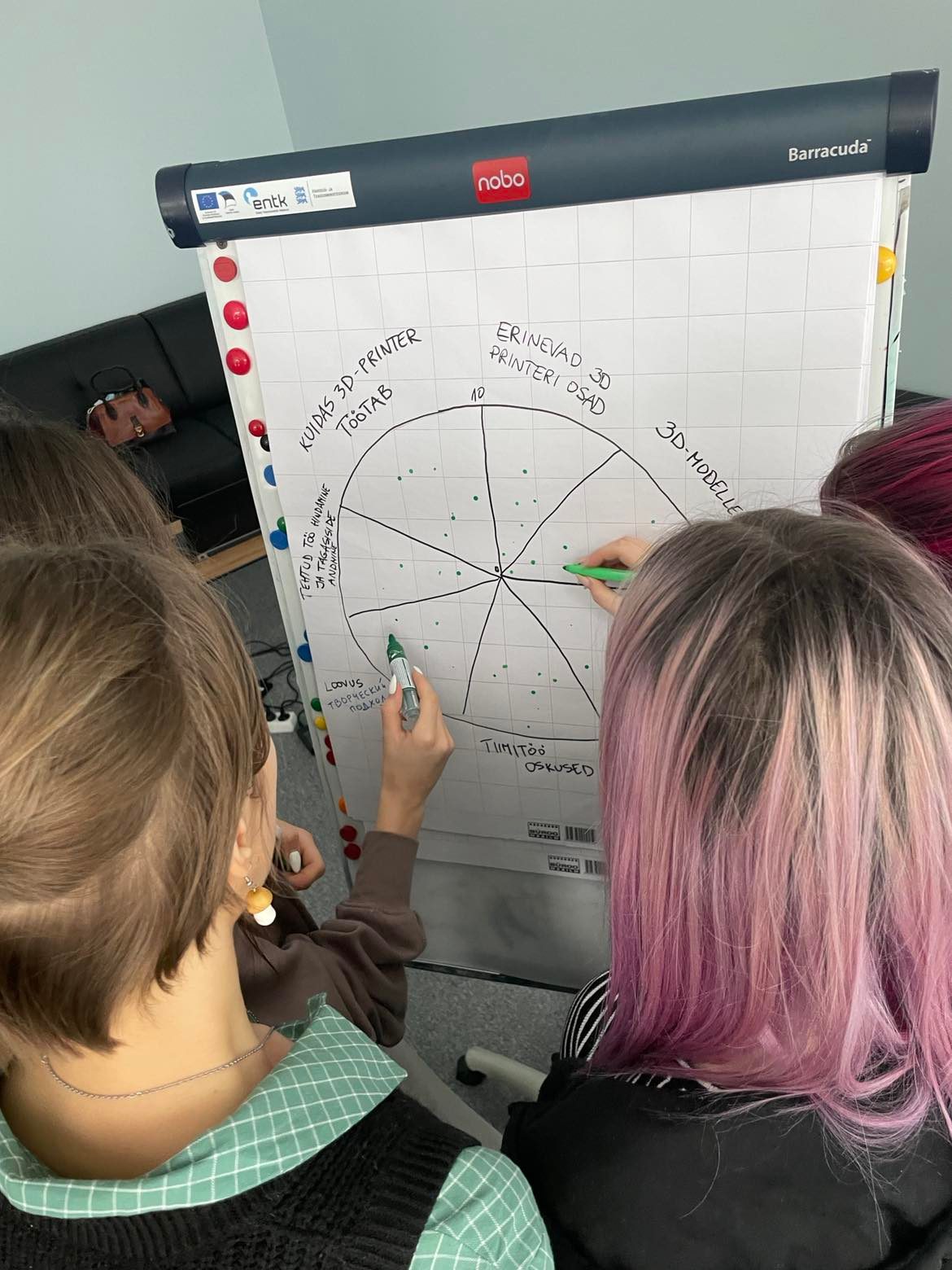
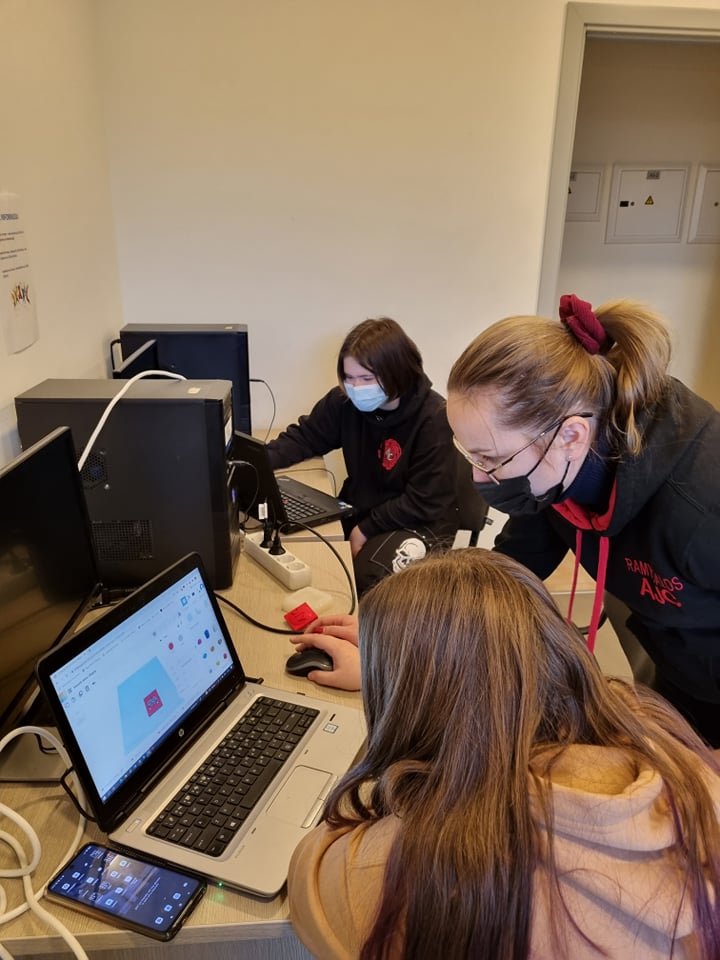
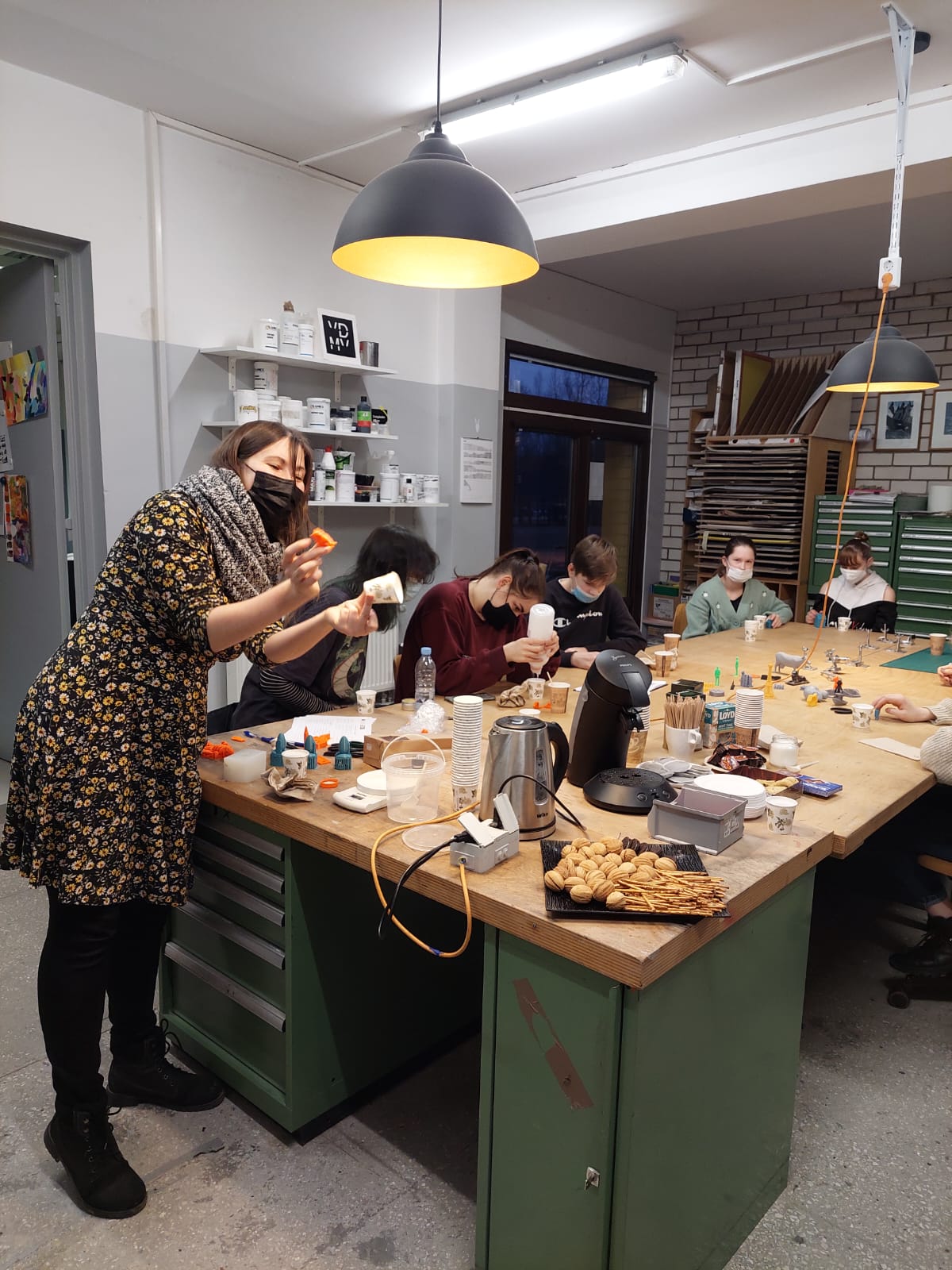
Project activities
1. Development of methodological materials for a 3D printing and silicone-moulding workshop for youngsters (13-19 years old).
2. Delivering training for youth workers and educators on the developed methodology during a transnational short-term joint learning/teaching/training activity. A 5-day activity took place in August 2021 in Lithuania and gathered 30 youth workers and educators.
3. Testing and validating the methodology with young people at partner and associated organisations during local workshops in three countries. Workshops were held in the time period between October 2021 and May 2022. They took place in 14 different locations (youth centers, libraries, co-creation spaces, STEAM centers, schools) in Lithuania, Latvia and Estonia.
4. Implementation of a product quality and skill development survey to collect feedback from workshop facilitators about the testing activities.
5. Updating the materials based on feedback received and preparing methodological guidelines for workshop facilitators.
6. Presentation of the project’s results at local, regional, national and European levels.
7. Collaboration with local partners from youth and education sectors in the implementation of the project.
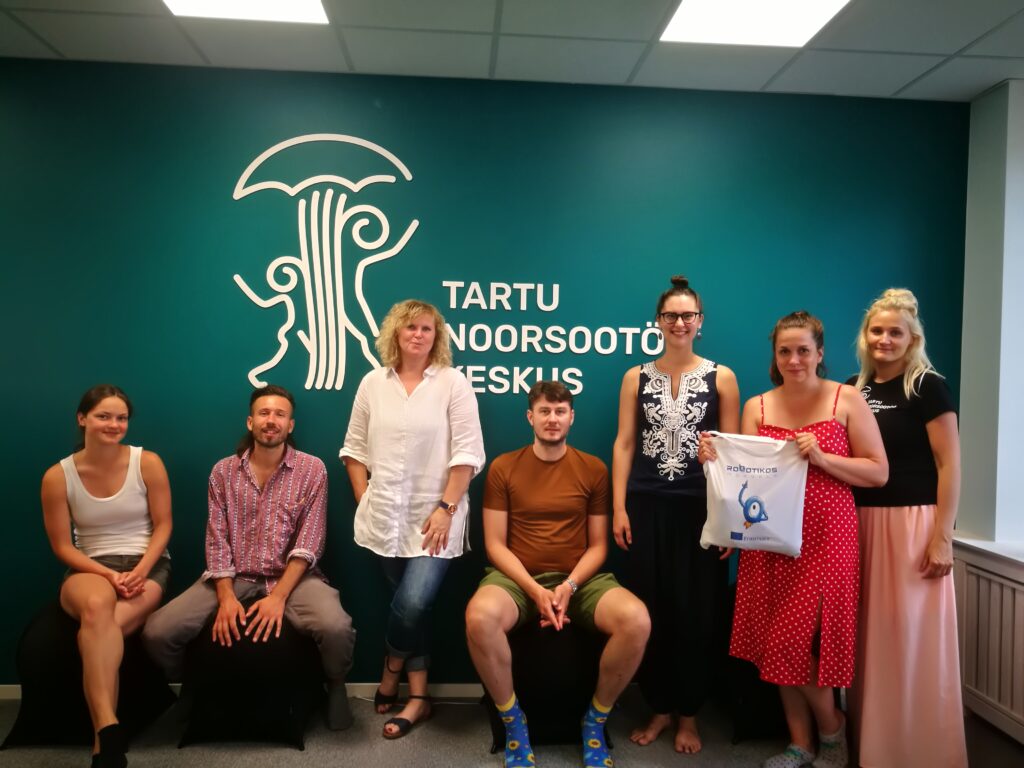
Results of the project
1. A concept of a hands-on 3D printing workshop for youngsters where they learn to create their own unique 3D model with beginner-friendly software and then use this model to mould a multi-use form from silicone.
2. A concise 3D printing workshop methodology (O1) consisting of: guidelines for youth workers and educators based on project’s best practices and research results; methodological materials to be used during workshops; teacher’s books; a workshop scenario; a list of needed materials and equipment; suggested evaluation methods and non-formal activities; other downloadable files and links to useful resources.
3. Project’s methodological materials, available on play.gaminu.eu in English, Lithuanian, Latvian and Estonian languages.
4. 30 youth workers and educators from 3 partner countries trained in 3D printing workshop methodology. The majority of them had no previous knowledge about 3D printing and silicone moulding.
5. More than 300 youngsters from 3 partner countries, at least 100 of them with fewer opportunities, involved in 3D workshops based on the project’s methodology. The majority of them were 13-16 year olds, but there were also elder participants (up to 22 years old).
6. A range of 3D-printing related skills developed among youngsters, a high level of understanding how a 3D printer works being a top skill. Other skills that had a high positive impact were: preparing a file for 3D printing, selecting suitable 3D printing material, and basics of silicone molding. The biggest influence on general skill development was observed in creative thinking. The next best-developed skills were Design Thinking and technical thinking. The facilitators also self-evaluated their own skill development. Supporting young people in their work was estimated at a high level, as well as evaluating youngsters’ projects and suggesting improvements.
7. More than 70 participants introduced to the project’s methodology and outcomes during multiplier events in 3 partner countries. They included young persons, youth workers, teachers from formal and non-formal education sectors. The events took place in Kaunas (Lithuania), Tartu (Estonia) and Daugavpils (Latvia) between May and July 2022.
8. Project’s website youngcreators.gaminu.eu with information about the project and the news feed.
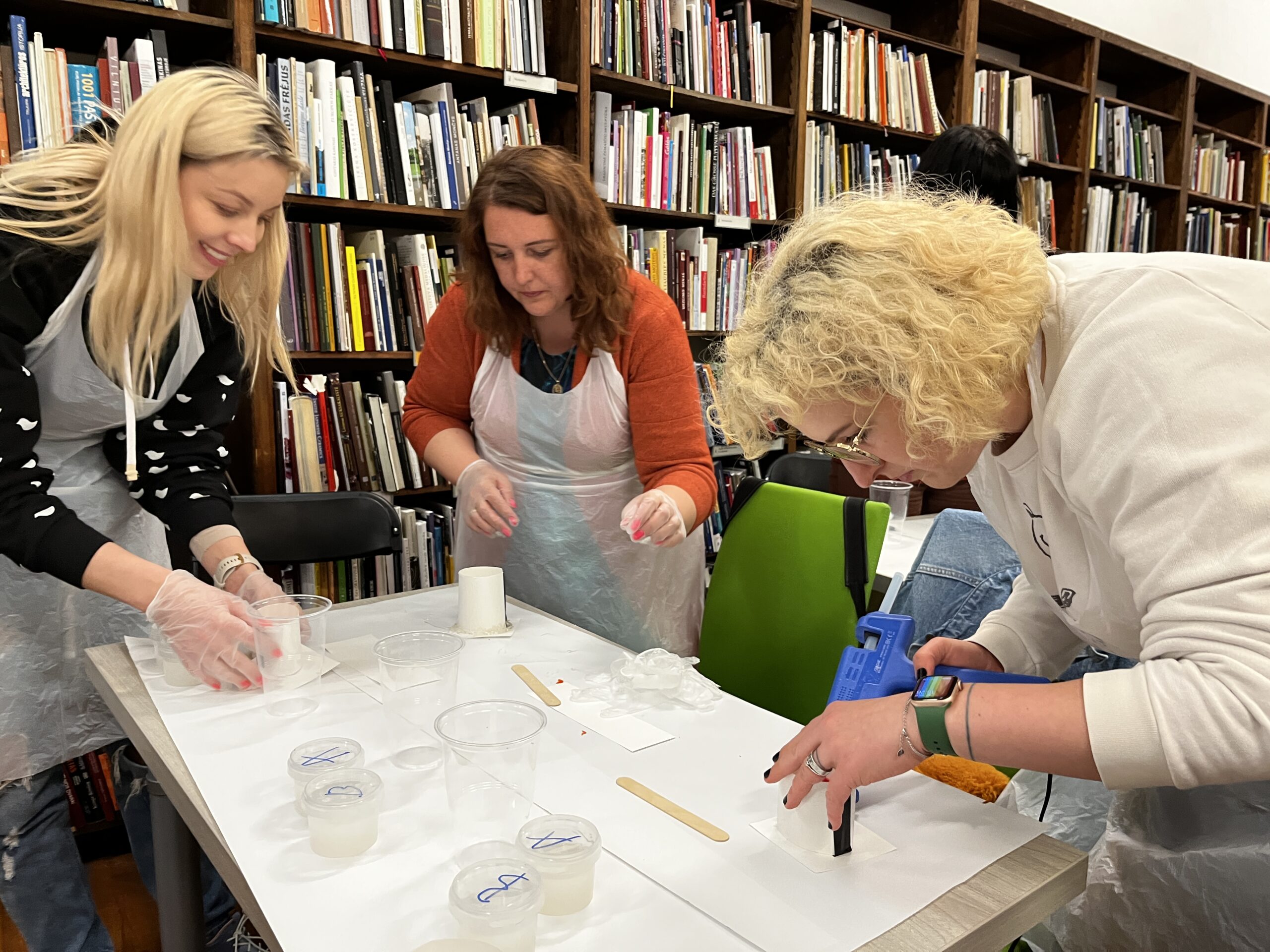
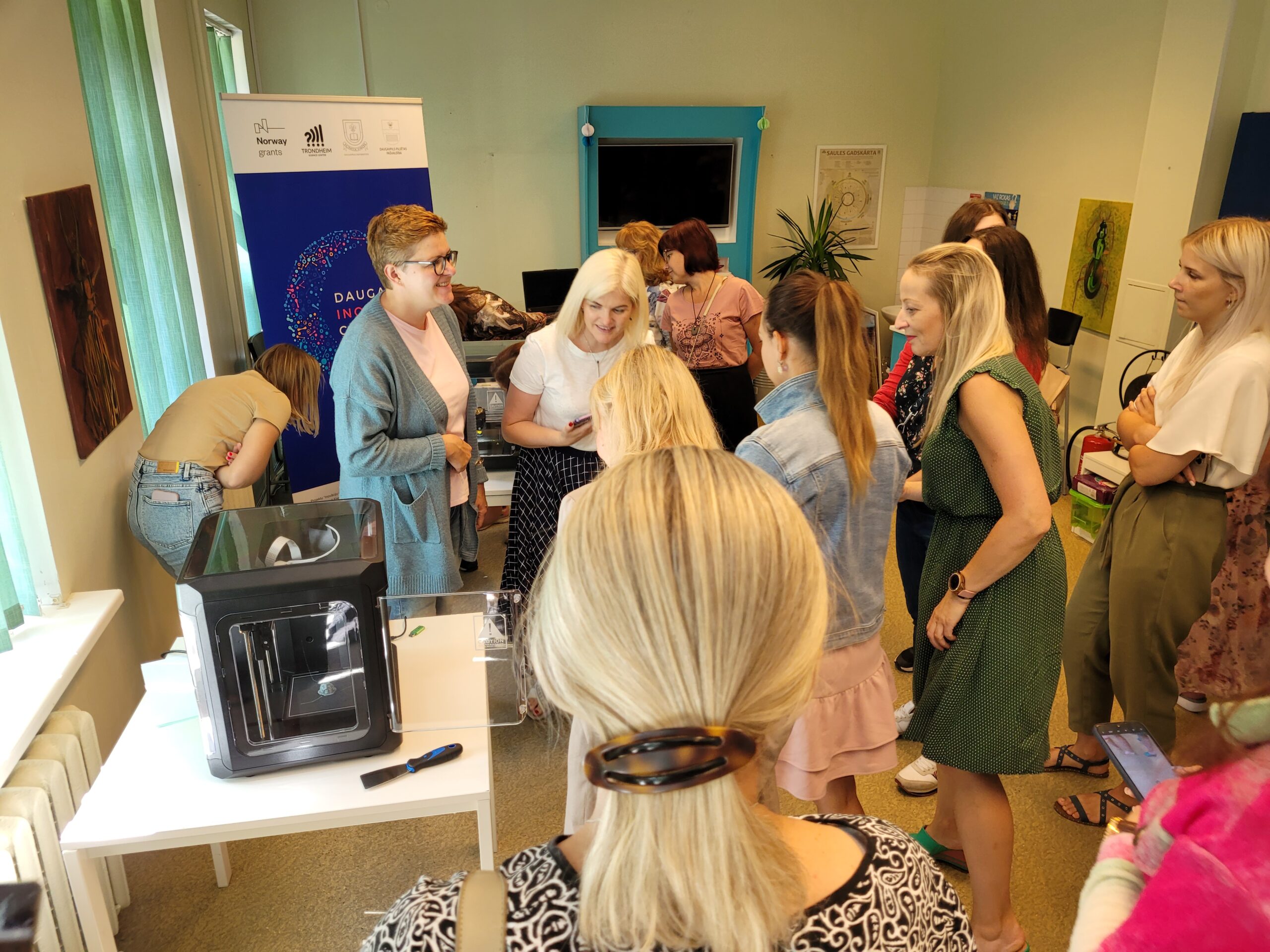
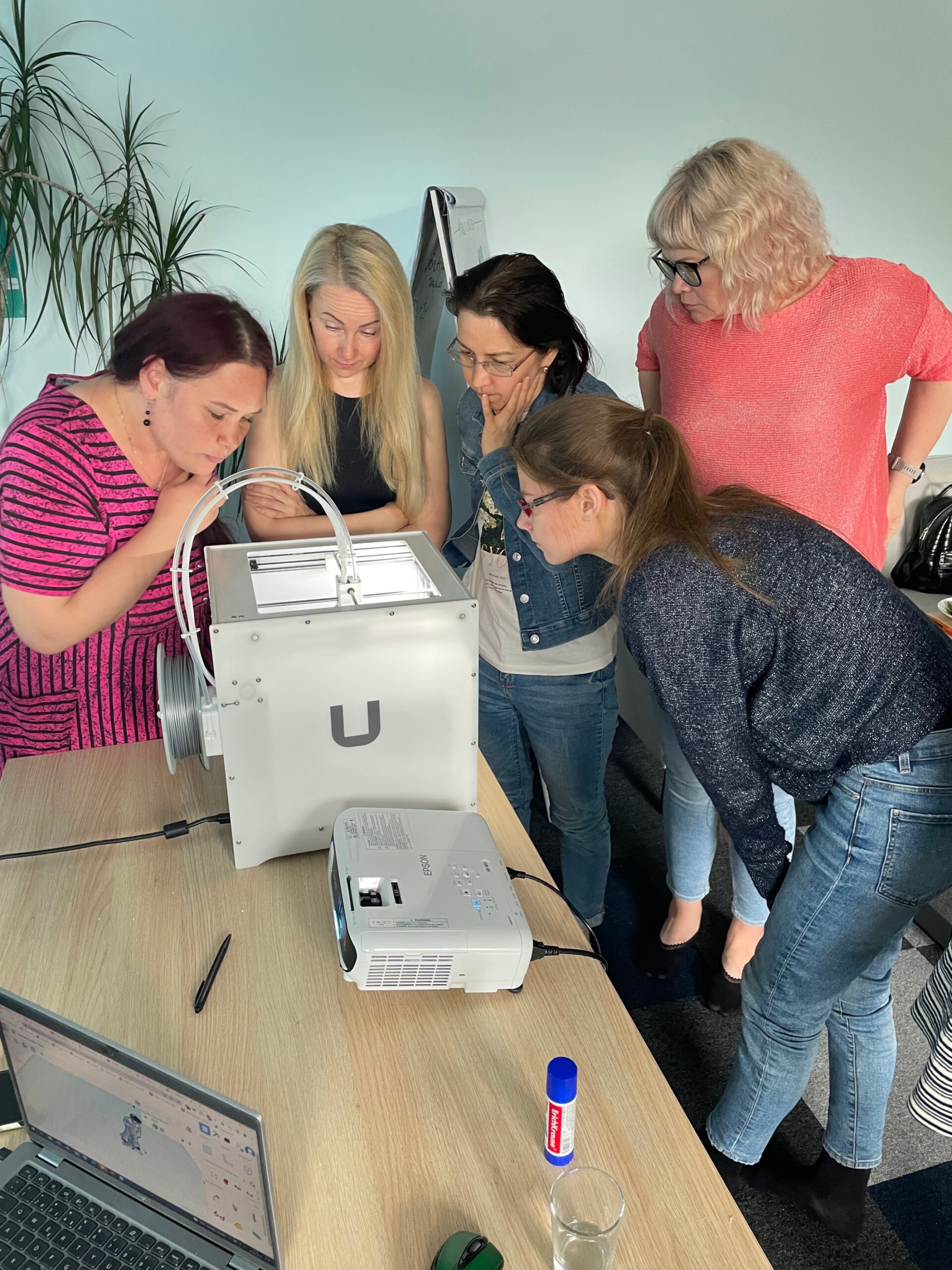
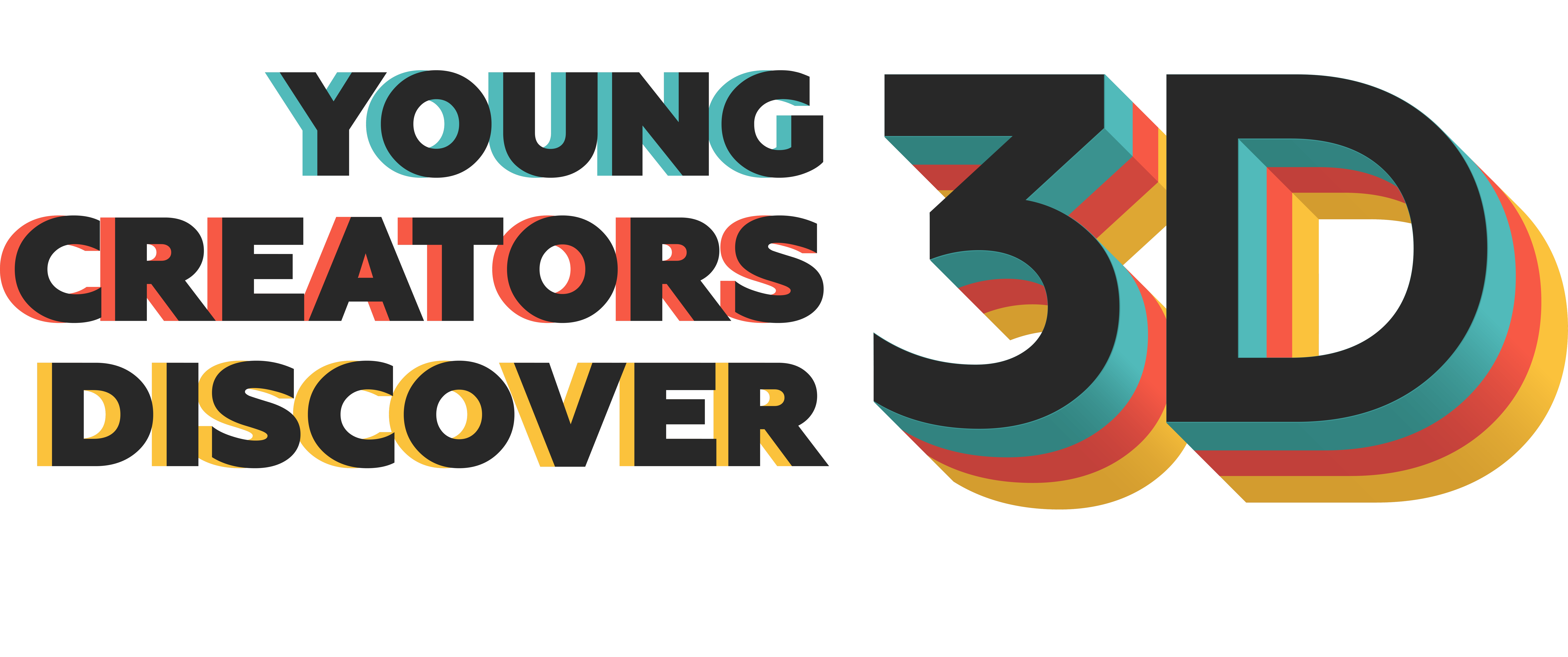
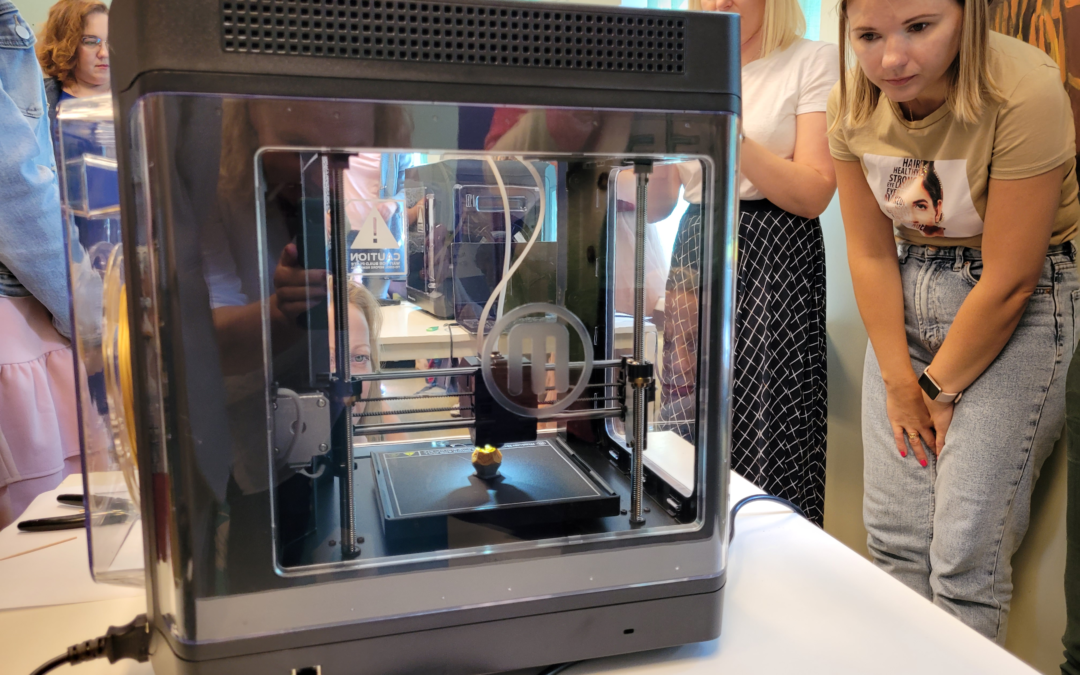
أحدث التعليقات